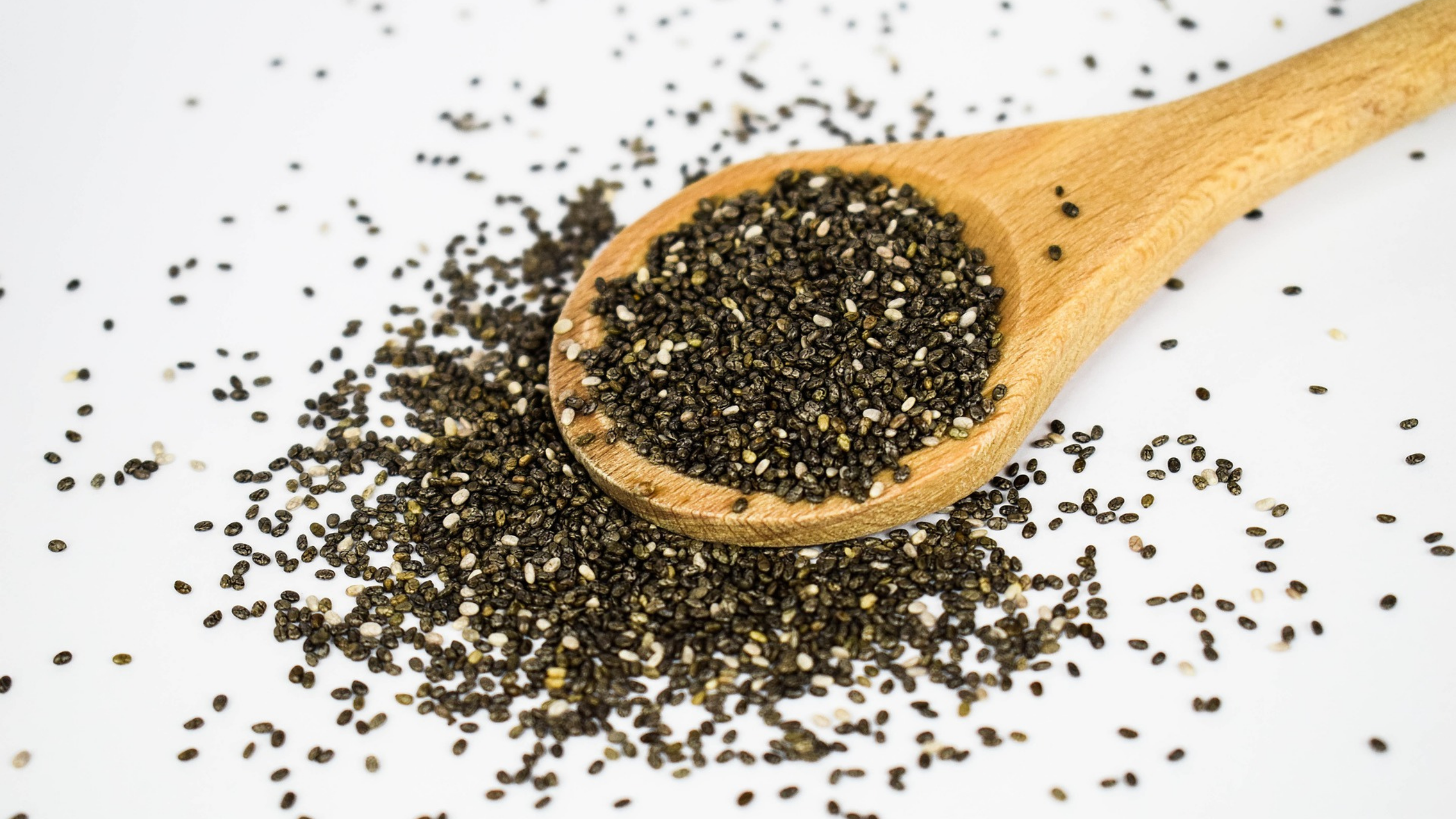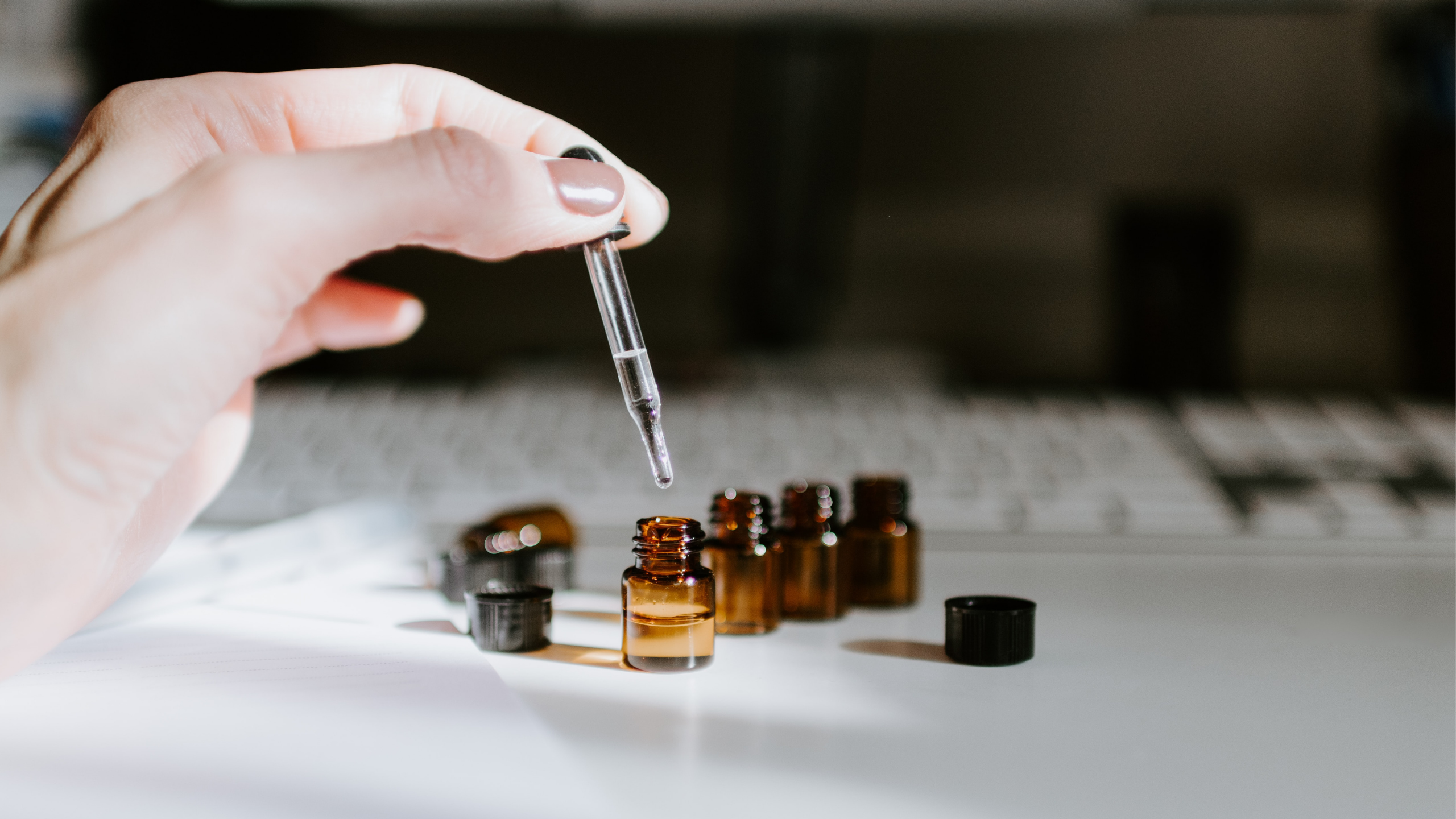Antioxidants are some of the most important ingredients in cosmetic formulations. Not only are they crucial to improving the durability of a formulation, but they also have an excellent effect on the skin. They protect it against oxidation processes that happen in it every day due to UV radiation, air pollution, smog, stress, or a bad diet.
Oxidation occurs with the help of the so-called reactive oxygen species (radicals). These damage the molecules of cellular structures, which leads to deterioration of the body’s defense mechanisms and, consequently, to more rapid aging of cells. If the skin is not adequately protected against free radicals, which are found mainly in the external environment, its cells age faster. The result is a gray, tired complexion and wrinkles that may appear before their time has come. Antioxidants are particularly helpful in the event of prolonged exposure of the skin to the sun – UV rays are the most frequently named cause of faster aging, referred to as photoaging. This means that changes take place in the skin that can no longer be reversed – breakdown of hyaluronic acid, damage to collagen and elastin molecules, which are the basic building blocks of healthy, supple skin.
A cosmetic formulation itself needs antioxidants too, especially when it has a fatty phase that consists of various lipids prone to rancidity. This process is responsible for reducing the effectiveness of oils as well as changing the smell and color of the final product.
Due to the need to minimize the oxidation process in cosmetics, antioxidants must be added. They protect both the ingredients used in the cosmetic and your skin after the cosmetic has been applied. The most common ingredient with antioxidant properties is the mixture of tocopherols (alpha, beta, gamma) also known as vitamin E. A synthetically obtained derivative of this substance – vitamin E acetate, in accordance with the INCI listed in the ingredients as Tocopheryl Acetate – has similar properties too. Less common antioxidants include tocotrienols, which have a much greater neutralizing potential and exert an effect on a broader spectrum of various kinds of free radicals. Compounds that are rarer and rarer, but which you may still come across, are butylhydroxyanisole (BHA) and butylhydroxytoluene (BHT), demonized despite their low dosage and proven safety of use. Another antioxidant that effectively protects both the skin and formulations is vitamin C. As it is a very popular raw material, new forms of it are being created all the time, which can be soluble in both water and fats. This vitamin is recommended especially for preparations that are applied before a product with a UV filter. It is also very popularly used together with vitamin E, because these two work in synergy – vitamin C regenerates tocopherols when they enter their unstable radical form.
In addition to the above antioxidants, it is also worth mentioning those that are a little less popular, but still very effective: coenzyme Q10, β-carotene, quercetin, resveratrol, and lipoic acid. Each of these is known for its anti-aging properties thanks to the fact that they counteract free radicals in the skin and protect against those coming from the environment.
To sum up, antioxidants are essential in cosmetic formulations not only because of their anti-aging and protective effects, but also because they extend the cosmetic’s shelf life. This is particularly important when the preparation contains high levels of vegetable oils and other lipids that are prone to rapid oxidation.
Anna Kuczyńska
Technologist





